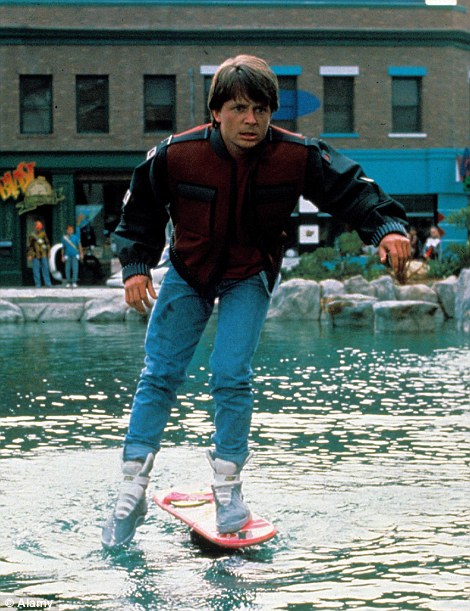- Joined
- Oct 20, 2011
- Messages
- 625
- Reaction score
- 208
I graduated 2 years ago. My original plan was to stay on IDR and wait for the tax bomb but I misread the way it worked. It was actually -25- years of repayments for graduate loans, and 20 years is for undergraduate. An extra 5 years is too much and the amount of interest would be ridiculous even when it is not being capitalized on IDR. I decided to make drastic changes going forward and want to aggressively pay the 300k loan off. I make about 8-8,8500 after tax monthly + I am already matching 5% to my 401k. I have 5,000 emergency fund. I know by doing this, I will not have funds to do anything for the next 4-5 years and my life will be of just work and food.
Has anyone been in this same situation believe this is the smartest thing to do? There is one thing I am so scared of experiencing, and that is DEPRESSION. I never had money in my life and doing this would put me back at that. My sadness stemming from seeing my bank account stagger at the same amount month after month even though I am working hard, with OT each month.
I worry this will affect my work, seeing as how my work is not translating into anything except debt payments.
I worry... but I feel if I dont do this, my loans will never go away during the time when I may not be in a stable career.
Has anyone been in this same situation believe this is the smartest thing to do? There is one thing I am so scared of experiencing, and that is DEPRESSION. I never had money in my life and doing this would put me back at that. My sadness stemming from seeing my bank account stagger at the same amount month after month even though I am working hard, with OT each month.
I worry this will affect my work, seeing as how my work is not translating into anything except debt payments.
I worry... but I feel if I dont do this, my loans will never go away during the time when I may not be in a stable career.

